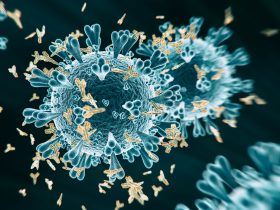The development of safe and effective vaccines in a record time after the emergence of the Severe Acute Respiratory Syndrome Coronavirus 2 (SARS-CoV-2) is a remarkable achievement, partly based on the experience gained from multiple viral outbreaks in the past decades. However, the Coronavirus Disease 2019 (COVID-19) crisis also revealed weaknesses in the global pandemic response and large gaps that remain in our knowledge of the biology of coronaviruses (CoVs) and influenza viruses, the 2 major respiratory viruses with pandemic potential. Here, we review current knowns and unknowns of influenza viruses and CoVs, and we highlight common research challenges they pose in 3 areas: the mechanisms of viral emergence and adaptation to humans, the physiological and molecular determinants of disease severity, and the development of control strategies. We outline multidisciplinary approaches and technological innovations that need to be harnessed in order to improve preparedeness to the next pandemic.
The years 2020 to 2021 are characterized by an outstanding and worldwide research effort aimed at mitigating the Coronavirus Disease 2019 (COVID-19) pandemic, leading to >145,000 published articles and >2,900 completed or underway clinical trials (https://www.covid-trials.org). Experience and research work related to previous outbreaks, including the emergence of the H1N1pdm09 influenza virus in 2009, was also leveraged. As a result, safe and effective vaccines [1] as well as monoclonal antibody–based treatments [2] have been developed in less than 1 year. At the same time, the COVID-19 crisis exposed the weaknesses of our preparedness and response to pandemics and highlighted large gaps that remain in our knowledge of the biology of coronaviruses (CoVs) and influenza A viruses (IAVs), the 2 major zoonotic respiratory viruses with pandemic potential. Here, we sought to identify common challenges of influenza virus and CoV research that should be addressed in order to become better prepared for upcoming pandemics.








Leave a Reply